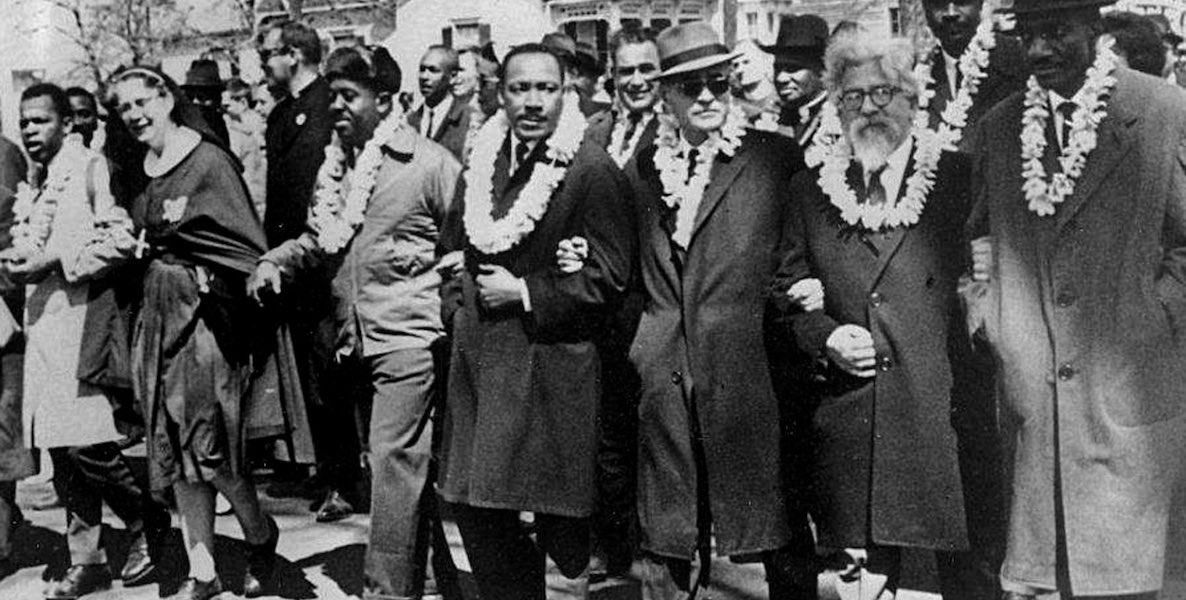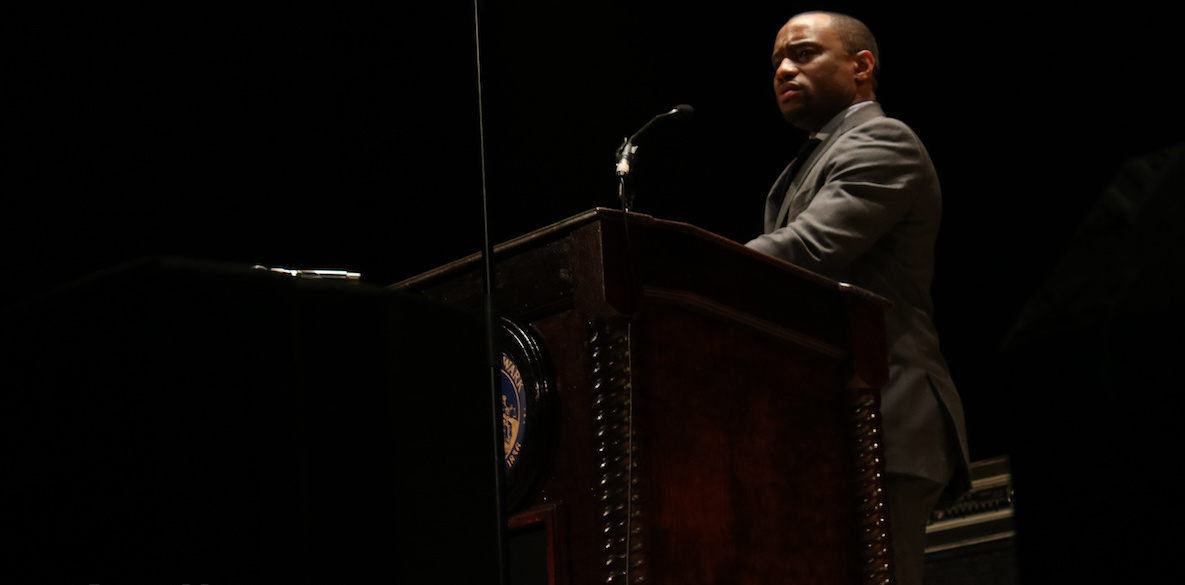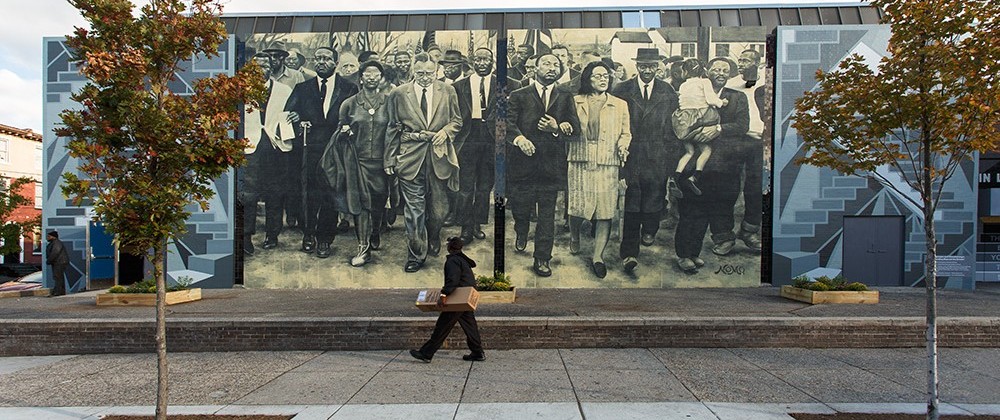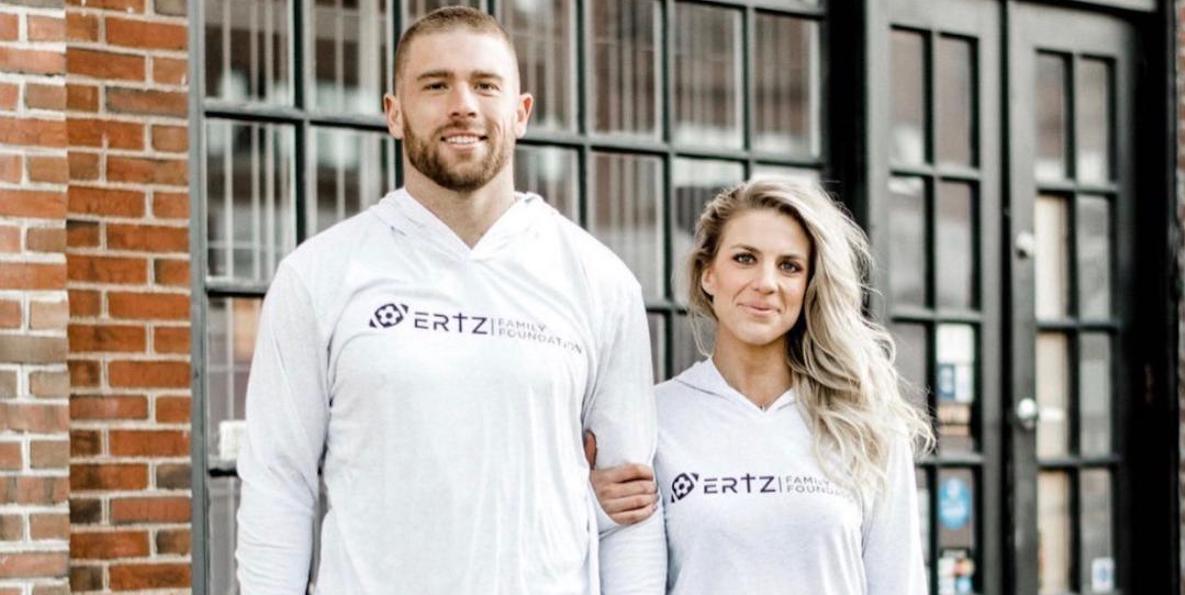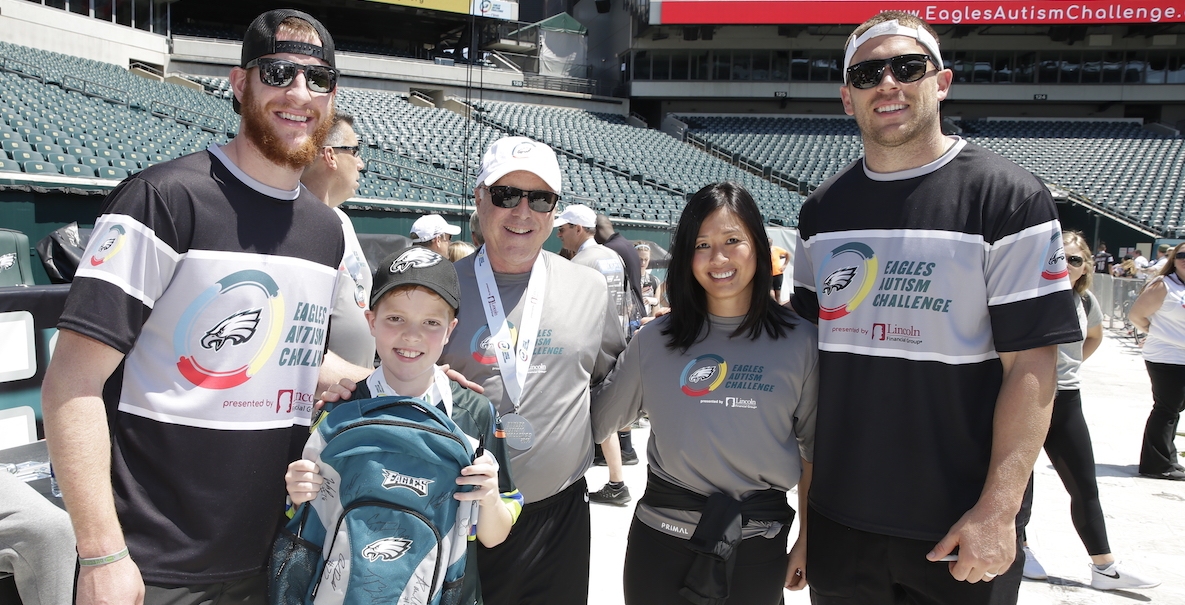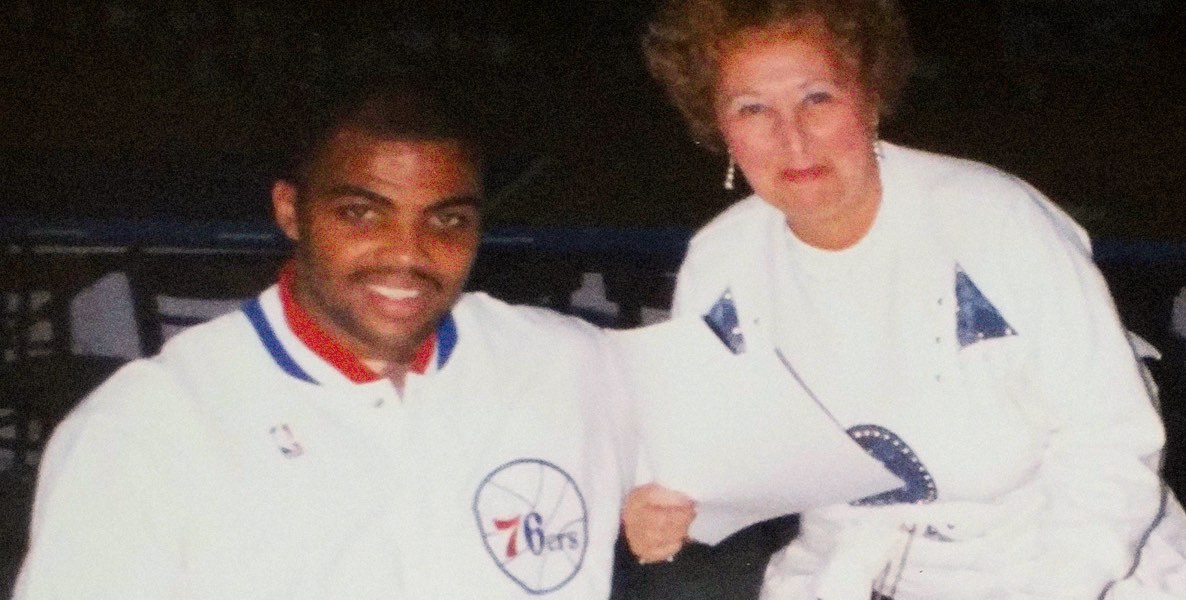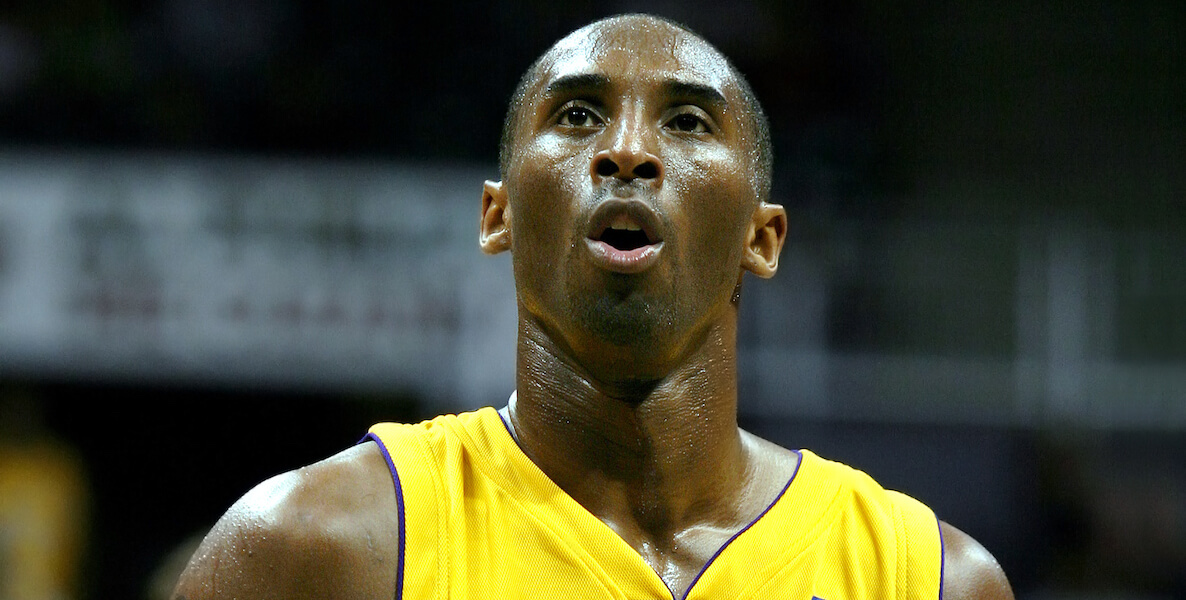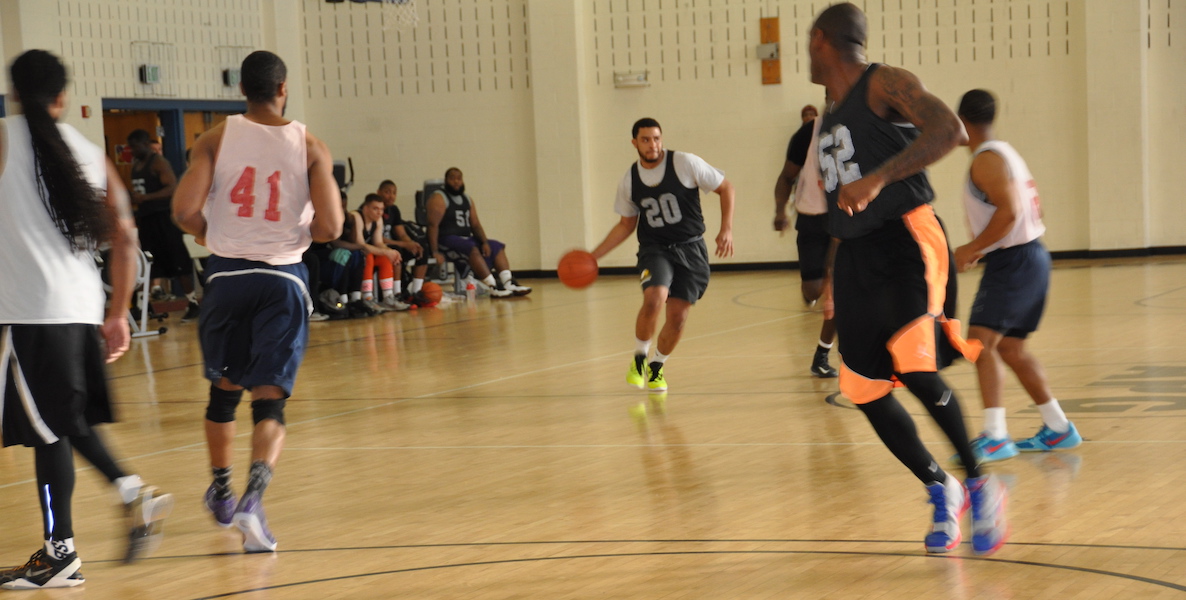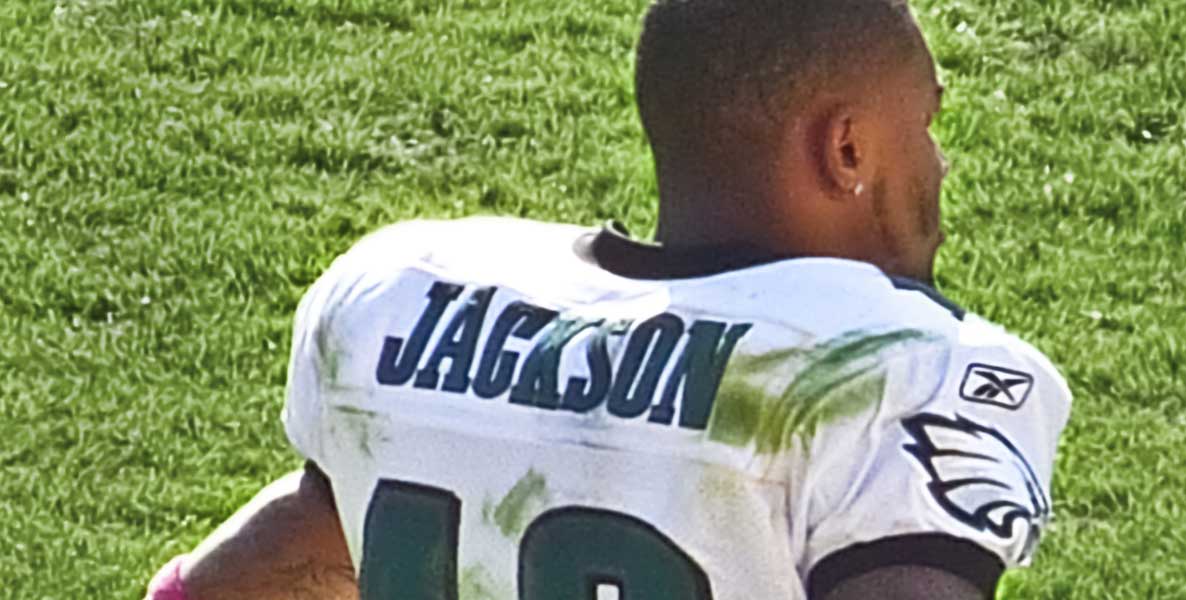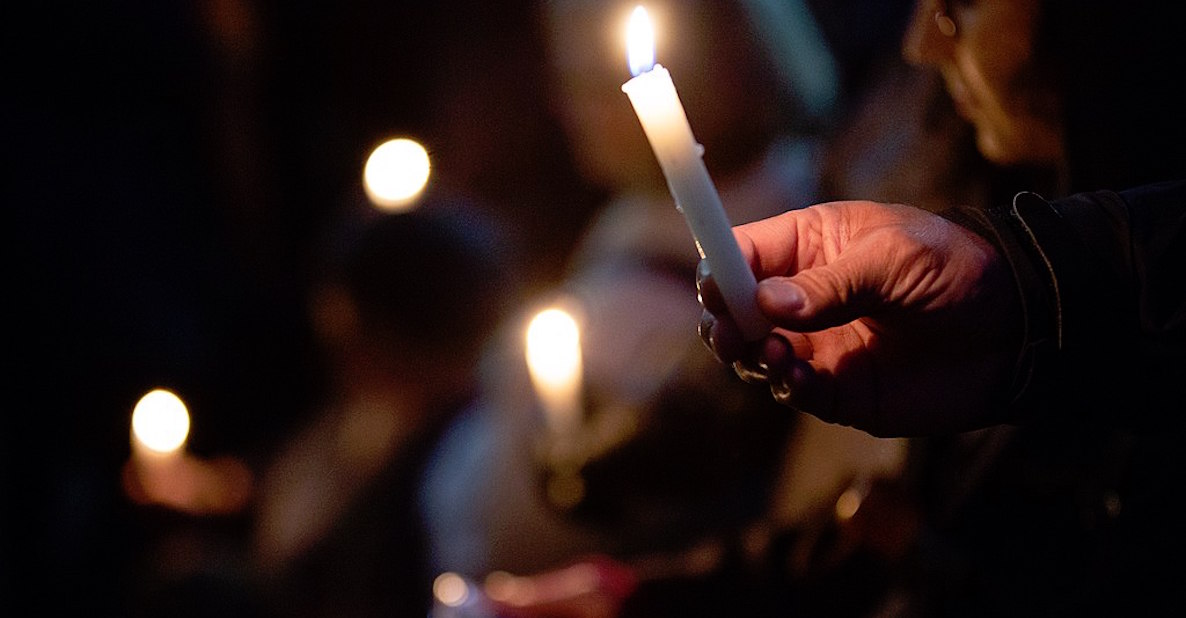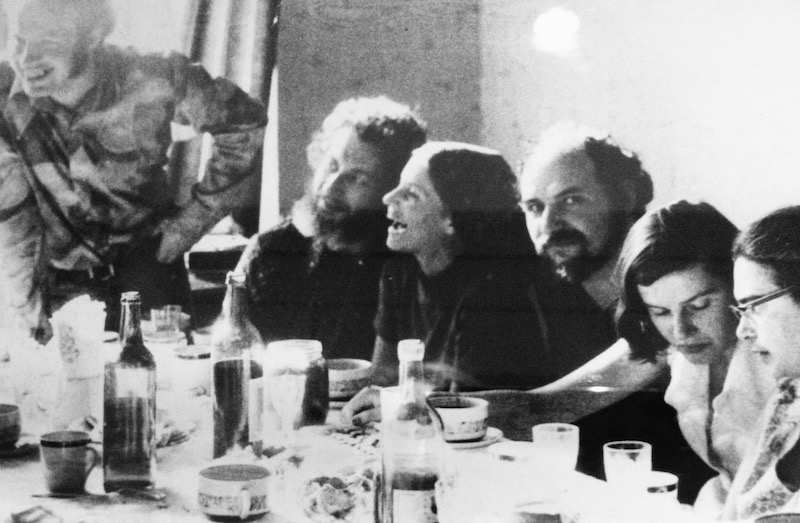![]() At a time when editors are being jettisoned for publishing commentary from a sitting United States Senator or running tone-deaf, demeaning headlines; when a data analyst and Obama reelection campaign veteran is fired for linking to a paper written by a respected and biracial Ivy League professor of African-American studies finding that riots are bad for black communities, and when even the rousing popularity of Hamilton has unbelievably spawned a #CancelHamilton movement, it seemed pre-ordained how the DeSean Jackson imbroglio would go this week, didn’t it?
At a time when editors are being jettisoned for publishing commentary from a sitting United States Senator or running tone-deaf, demeaning headlines; when a data analyst and Obama reelection campaign veteran is fired for linking to a paper written by a respected and biracial Ivy League professor of African-American studies finding that riots are bad for black communities, and when even the rousing popularity of Hamilton has unbelievably spawned a #CancelHamilton movement, it seemed pre-ordained how the DeSean Jackson imbroglio would go this week, didn’t it?
Jackson is the supremely talented wide receiver of the Eagles who posted on Instagram a vile, conspiracy-laced quote purported to be from Adolf Hitler, the purpose of which is to convey that Hitler was actually an anti-racist and that Jews secretly control the world.
For good measure, he also posted some complimentary remarks about Minister Louis Farrakhan, who once referred to Jews as “termites” and who has recently accused Dr. Anthony Fauci and Bill and Melinda Gates of wanting to discover a Covid-19 vaccine in order to “depopulate the earth”; Jackson agreed, calling Melinda Gates a “dumb broad.”
When, over social media, a righteously outraged former Eagles’ president Joe Banner urged media to pay attention to Jackson’s hate speech, (“Help me understand why media members speaking out against hate and fighting for social justice aren’t absolutely outraged by DeSean Jackson’s comments. If you really care about stopping hate you should be outraged. Speak up!!!!!”), the issue finally started to blow up.
Here’s a modest proposal, DeSean. Let’s get us a bus and head to D.C. Smukler, Dix, Adelman and I will fill up the seats with other Jewish and African-American thought leaders and we’ll hit both the Holocaust Museum and the National Museum of African American History and Culture.
The Eagles condemned their player’s comments and Jackson, before issuing an outright apology, first said his post had been taken “the wrong way.”
Of course, it’s not really clear how endorsing the notion that Jews will “extort America” in their “plan for world domination” can be taken the wrong way. Seems pretty clear, no?
At first blush, in this cancel culture moment, Jackson seemed to have done the hard work of earning his erasure. He was either too hateful or too stupid, or some combination thereof, to deserve a public platform.
But that’s not how this story appears to be playing out, and that is likely a good thing. I am as close as one can be to a First Amendment absolutist, and have written often about how the best reaction to awful speech is better speech, and that, as we learned when the Courts allowed Nazis to march in Skokie, Illinois, and in the aftermath of Charlottesville, the airing of vile ideas can shock a nation’s conscience and give rise to their own refutation.
That’s a harder place to get to when following what has come to be the more familiar storyline: Offensive speech meets angry condemnation meets the disappearance of the offender, before everyone retreats to their respective corners in anticipation of the next outrage du jour.
But now comes l’affaire DeSean, and the reaction to it may model a reasonable way forward when navigating such tricky cultural terrain.
Engagement over condemnation
Entrepreneur (and Citizen Board Member) David Adelman, Chair of Philadelphia’s Holocaust Memorial Plaza and incoming Chair of the Jewish Federation of Greater Philadelphia, going through his friend Michael Rubin, had multiple phone conversations with Jackson and decided to flip the script, tweeting: “Just had a FaceTime call w @deseanjackson10 & @michaelgrubin DeSean apologized for his hurtful comments. As Chair of the @phillyholocaust memorial, I offered to host him for an education session & tour of the plaza & he accepted. Confident we can turn this into a positive together.”
![]() Actually, Adelman went beyond just offering to host Jackson at the Memorial. Rather than just seeking penance from Jackson, he wants to be in a relationship with him. In one of their calls, Adelman asked Jackson to take him to the African American Museum in Philadelphia, so both men can learn from one another.
Actually, Adelman went beyond just offering to host Jackson at the Memorial. Rather than just seeking penance from Jackson, he wants to be in a relationship with him. In one of their calls, Adelman asked Jackson to take him to the African American Museum in Philadelphia, so both men can learn from one another.
Adelman had chosen engagement over condemnation. Why? “If all we do is just blank people out every time they say or do something that’s offensive, how will anyone learn anything?” Adelman said when I caught up with him on Wednesday. “I spoke to DeSean and he apologized and I really believe he didn’t understand how offensive his posts were. Some members of the Jewish community had been wanting to make an example of him, but I said, ‘Let’s hear what he has to say.’ And I heard a heartfelt apology. I started to think about what would I want for one of my kids, if they said or did something that was so offensive? I’d want them to learn.”
At first blush, in this cancel culture moment, Jackson seemed to have done the hard work of earning his erasure. He was either too hateful or too stupid, or some combination thereof, to deserve a public platform.
That’s a bold move, especially in these fractured times. The easiest thing would have been to issue a statement calling Jackson an anti-Semite and demanding the Eagles fire him. But Adelman knows the distinction between self-righteous soundbites and actually making a difference. The harder thing is finding the teachable moment.
In the next week or two, Jackson will join Adelman at the Horwitz-Wasserman Holocaust Plaza, the triangular memorial site where Arch Street and the Ben Franklin Parkway meet, which was unveiled in 2018 thanks to $9.5 million raised by Adelman.
What Jackson will experience is a memorial designed to do more than commemorate one horrific event. He’ll be able to download survivor stories from the Holocaust as well as, say, the genocide in Darfur. He’ll be welcomed into a conversation around tolerance and community, rather than one characterized by breathless, echo-chamber blame-placing.
And he’ll be invited to see in another culture’s struggle reminders of his own. It may be that no group has sustained more trauma than Black communities in America: from slavery to Jim Crow to the Klan to the war on drugs to police brutality to mass incarceration to health disparities.
But the idea of what Martin Luther King Jr. called the “Beloved Community” calls for each member to see the other and find common cause in their human struggle. The Anti-Defamation League reports there were 2,107 hate crimes against Jewish people in the United States last year, the highest number since they began counting in 1979. Worldwide, anti-Jewish crimes increased 18 percent last year and 13 percent in 2018. From Germany to Poland to Tunisia, Jewish history is the story of facing extinction at the hands of your neighbors.
Seeing others like we see ourselves …
While I was talking to Adelman, I got an email from legendary badass Connie Smukler, who cut her teeth rescuing Jewish Soviet “Refuseniks” in the ’70s and ’80s, helping to jumpstart an international human rights movement. Like Adelman, she was also thinking broader than the crash-and-burn news cycle.
“DeSean may be the catalyst to triggering a fresh start to improving Black and Jewish relations,” she wrote. “You think he’d come to Israel or the U.S. Holocaust Museum with me?”
She’s right to be concerned about the frayed relationship between Blacks and Jews. Throughout the Civil Rights Movement, the two groups stood shoulder to shoulder. That was, after all, Rabbi Abraham Joshua Heschel linked arm-in-arm on that Selma bridge with Rev. Martin Luther King Jr., whose first among equals social justice soulmate wasn’t Andrew Young or Rev. Ralph Abernathy, but Stanley Levison.
But over time the alliance broke down. There were differences over affirmative action and, especially, over Israel’s treatment of the Palestinians. And there were personal slights that made common ground harder to find, like contentious interactions between Jewish landlords and Black tenants or when Jesse Jackson referred to New York as “Hymietown.”
And now, thanks to social media and a widespread lack of knowledge of our own history, tinfoil-hat conspiracy theories suggesting Jews actually orchestrate Black oppression suck in the likes of influential Black stars like Jackson and the rapper Ice Cube, who recently posted this horrible meme:
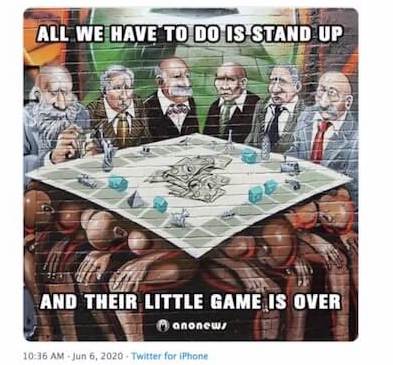
Add to the mix that the platform of Black Lives Matter calls Israel “an apartheid state” for its treatment of the Palestinians and you get the sense that the battle lines are drawn, that rebuilding the old alliance is a fools’ errand. The Orthodox Rabbinical Alliance of America, for example, has responded in kind, eschewing Adelman’s approach and denouncing BLM instead.
But then you hear from someone like Minnesota Rabbi Avi Olitzky, and common ground seems doable again. In his op-ed, headlined “Why I, a Minnesota Rabbi, Changed My Mind About Black Lives Matter,” Olitzky writes about how the execution of George Floyd led him to recognize that “equality is not the same as equity”:
When we spend so much time shining and speaking and teaching, we simply aren’t doing enough listening. And I’m very much guilty of that. I know I need to listen more. Just like not all white people are evil and not all cops are bad cops, not all members of the Black community are anti-Israel or anti-Semitic. When those around me say ‘Black Lives Matter,’ they don’t mean ‘cursed be Israel.’ They don’t mean Jews are the enemy or that Israel is an apartheid state. They mean: ‘We people of color have been oppressed for centuries. And you have not put us on your priority list of urgent changes in this world. And we are hurting and suffering—and our children are dying. Why don’t we matter to you? Why does it only seem like we matter to us?
Likewise, a rapprochement between Blacks and Jews seems doable when you talk to someone like David Dix, co-founder and CEO of Luminous Strategies, a public affairs firm. Dix, who is African-American, was familiar with all the anti-Semitic bile on the Internet targeted to African Americans.
“All that stuff promulgates, until you put your feet down on Jerusalem soil,” says Dix, who, along with other young Philadelphia African-American leaders, including Big Brothers, Big Sisters CEO Marcus Allen, went to Israel in 2018 on an immersive expedition courtesy of the American Israel Public Affairs Committee. “We came out of our comfort zone and came to see others like we see ourselves.”
Dix hadn’t heard of Adelman’s overture to Jackson, and he was instantly energized when I told him of the news. “I’m not surprised, because Adelman is a new-generation type of leader,” Dix said. “Now the challenge is to go beyond DeSean and David at the Holocaust Memorial. We’ve got to get DeSean and maybe some of his teammates to the National Holocaust Museum, and maybe to the National Museum of African American History and Culture.”
Throughout the Civil Rights Movement, the two groups stood shoulder to shoulder. That was, after all, Rabbi Abraham Joshua Heschel linked arm-in-arm on that Selma bridge with Rev. Martin Luther King Jr.
The invites for DeSean are already blowing up—New England Patriot Julian Edelman has already extended one, for a visit to the Holocaust Museum, which offers moving lessons in empathy. But what the hell—let’s add to his dance card:
Here’s a modest proposal, DeSean. Let’s get us a bus and head to D.C. Smukler, Dix, Adelman and I will fill up the seats with other Jewish and African-American thought leaders and we’ll hit both the Holocaust Museum and the National Museum of African American History and Culture. Bestselling author and Georgetown Professor Michael Eric Dyson will meet up with us and be a de-facto tour guide.
![]() It will be an experiment in Tikkun Olam, a lovely Jewish expression that means “repair the world.” When you think of it, that’s an uplifting prescription whether you’re Jewish or Black or none of the above. It means we’re here to finish the work of creation, and it reminds us that the most Godly thing we can do is see ourselves in others.
It will be an experiment in Tikkun Olam, a lovely Jewish expression that means “repair the world.” When you think of it, that’s an uplifting prescription whether you’re Jewish or Black or none of the above. It means we’re here to finish the work of creation, and it reminds us that the most Godly thing we can do is see ourselves in others.
Blacks and Jews once did just that. At a time when the diversity of faces marching in support of Black lives is a testament to the notion that injustice toward one group is a threat to all, maybe now is the perfect time to try and repair the breach.
Header: Wikimedia Commons


